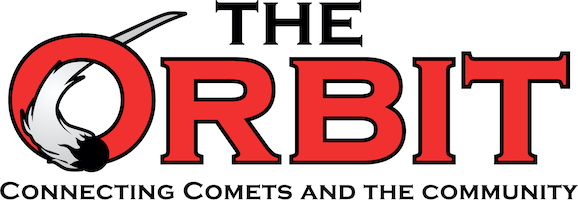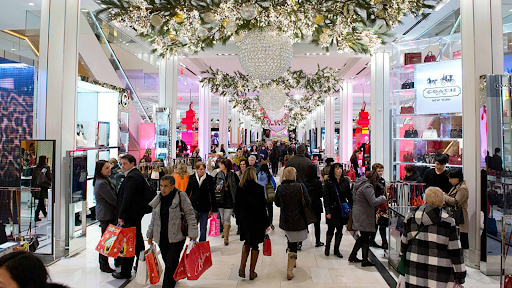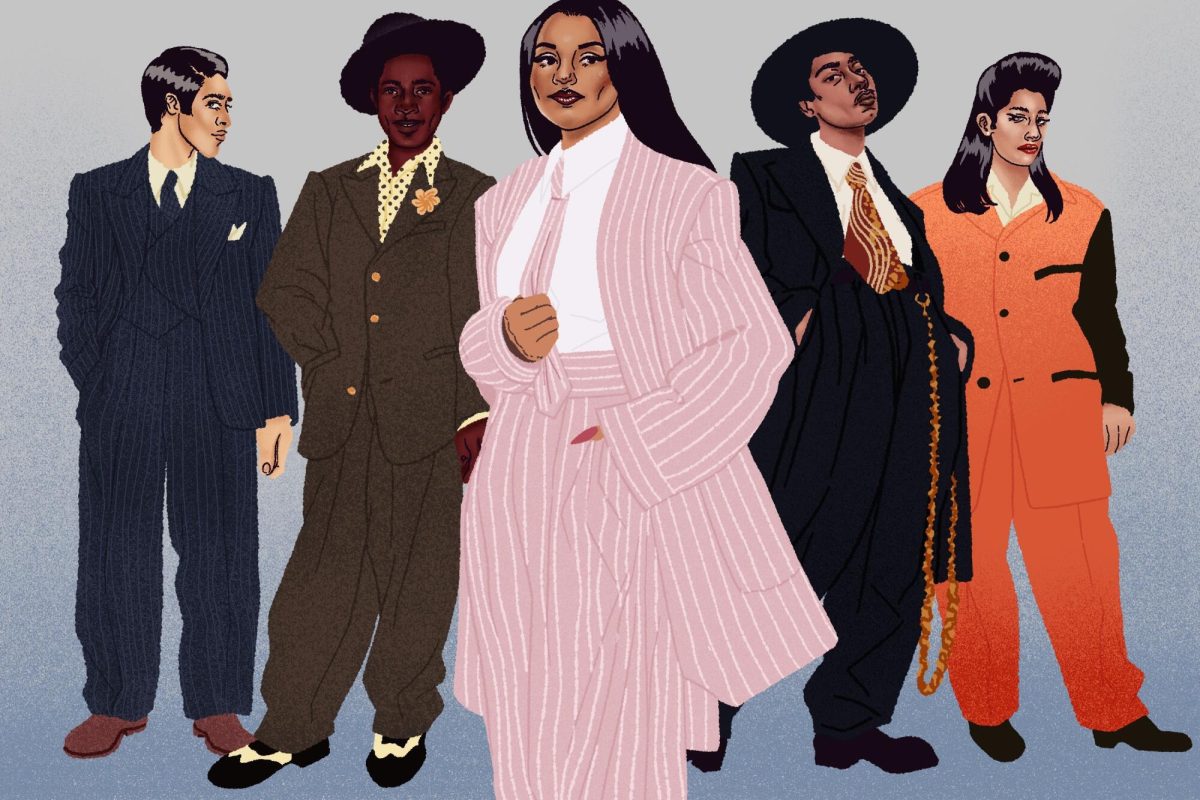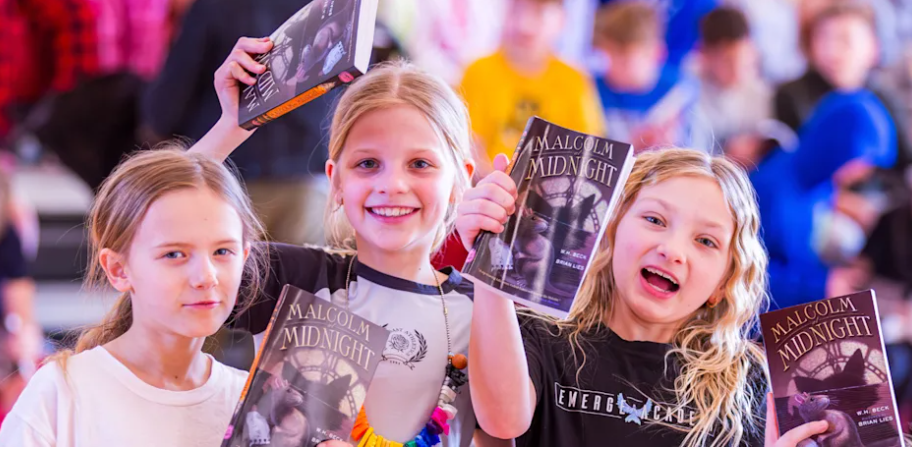As the holiday season draws near, shelves are flooded with red and green decor, plastic Christmas trees, advent calendars and more. It becomes a rare occurrence when a person stops and reflects: does one really need this? A holiday season where the main focus was once on a feeling of thanksgiving and gratefulness for friends and family has seen a shift following the rise of social media. It is no longer about what one does have, the season is now centered around what one does not have.
As social media influencers grow in popularity, their seemingly aesthetic lifestyles become the norm and despite being somewhat unattainable, the viewers cannot help themselves in aspiring to be like them. The viewers do this through home decor and as trends like neutral Christmas, festive farmhouse, whimsical woodland and candyland Christmas rise in popularity, people feel like they must buy new items to commit to a trend; thus their old decorations are donated or more commonly thrown out.
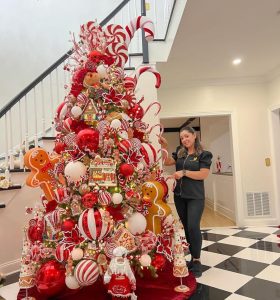
In a YouGov article by data journalist Jamie Ballard, she wrote, “[t]hree in 10 people who plan to decorate their homes for the winter holidays say they get inspired by seeing how other people have decorated their homes. Just under one-quarter (23%) say they get their ideas from what they see on social media sites such as Instagram and Pinterest. Fewer (14%) say they get holiday decorating ideas from magazines or websites, and 12% look to TV.”
These aspirations may even be seen as a desire to have what others have, or what others may describe as jealousy. While many describe jealousy as the root of all evil, these actions of “evil” are rarely as frequent as they are during the holidays.
“Social media tries to convince us to consume more, to buy more. It makes us feel peer pressure if we don’t conform to the standard. It makes us feel like we don’t fit in if we don’t put out decorations and lights,” explained Anika Schoenberg, an environmental enthusiast and North Polk Environmental Club board member.
After people are convinced to buy new decor items coordinating with each season these items often go out of style or become of little use for the next year. Once these items have finished their trend cycle they often end up in landfills and waterways without another thought.
“Overconsumption plays a role in climate change because there are so many more things that get thrown out that are still of good use, those things get into our waterways and cause pollution. One way to combat overconsumption is to not ask for things you don’t need, or limit yourself to a few gifts. My family and I are doing experiences instead of gifts. A gift is going downhill skiing or going out to a nice dinner, and spending time with family. Something that will mean more than new shoes,” described Schoenberg.

The holiday season is meant to be special through experience not objects which is a great goal to keep in mind to prevent oneself from falling into the trap of overconsumption. The holiday season can remain special for many people without money being the cause of that special feeling.
Schoenberg expressed, “[t]he holiday season isn’t about sharing love and appreciation anymore it is about who gets the most presents. Businesses encourage [one] to buy as much as [they] can so they make more money. All of the advertising isn’t about the real meaning behind these holidays.”
